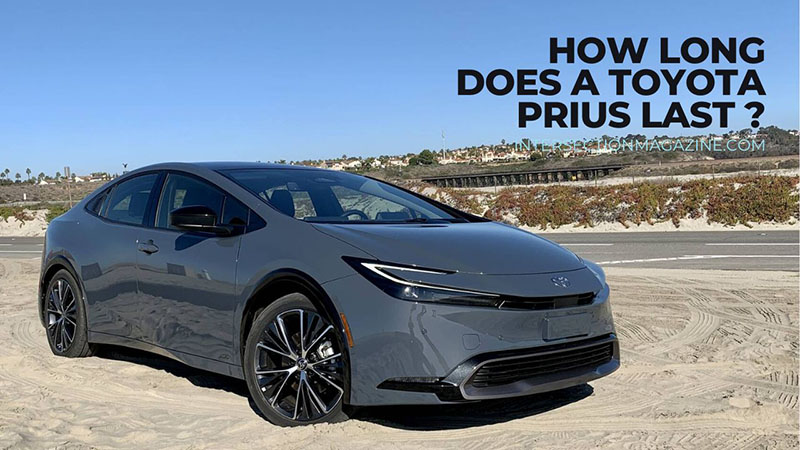Toyota, particularly the Prius models, are lauded by beginner and seasoned drivers alike as one of the best Toyota automobile lines. Still, like any typical car, they do not last forever; major upgrades and even parts replacements will be needed at a certain point.
This article will dig into how long Prius lasts while also discussing other relevant issues. Keep scrolling!
How Many Miles Does A Prius Last?
Toyota Prius can last for 200,000 to 250,000 miles or 12 to 16 years (15,000-20,000 miles per year). Given that its critical components are well taken care of and replaced on time, the car can even reach 300,000 miles.
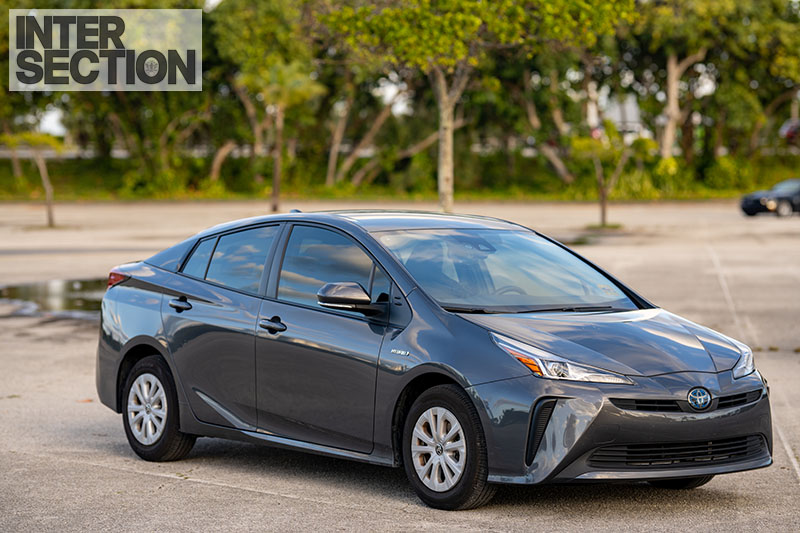
1. Mileage
Hybrid vehicles like Toyota Prius are often underestimated in terms of mileage, but turns out they can last much longer than all other regular vehicles. Guaranteed frequent maintenance, you can expect the Prius to last to 200,000 or even 250,000 miles.
And these are just the average numbers; when taking individual cases into account, you will be astonished to find out thousands of Prius drivers have already exceeded that benchmark.
In fact, on PriusChat (a forum for Prius owners), many members report having their Prius traveled beyond 300,000 miles.
2. Battery Life
Battery lifespan is the backbone of the entire car; without them, the rest of our list does not even matter.
Toyota Prius batteries arrive with 1.6 kWH energy, 27 kilowatts/ 36 HP power output, and 201.6-volt electricity. With such impressive and optimal design, it surprises no one when Toyota confirms they can last 8 to 10 years (equaling 100,000 to 150,000 miles).
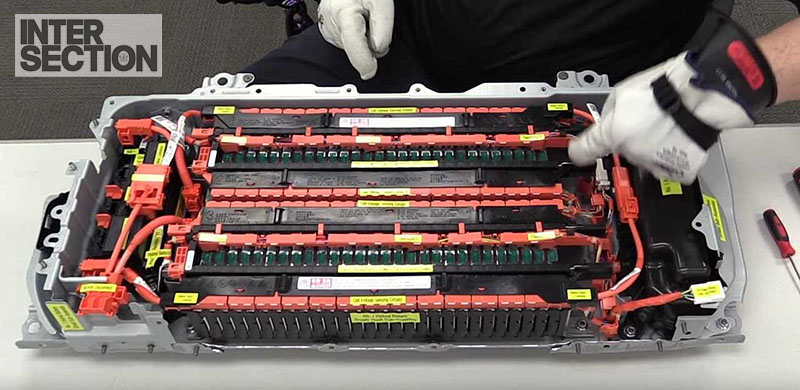
Better yet, numerous Prius passengers have reported eking out even more mileage than that.
Still, external damage and wrong usage might rob the batteries of their expected lifespans sooner than you think. Keep an eye on them to see whether these symptoms manifest:
Fast battery consumptions
These are the first and most tell-tale signals. A battery losing charges too quickly is to be blamed for several reasons – and the fact that it is dying is one of them.
The battery cannot start
Another common indicator is ignition difficulties. If the batteries have been running for quite a long time and now take much longer to start, chances are they are nearing the endpoint of their lifespan.
Jerky car rides
Observe the car; does it keep stopping amidst the road or jerk violently whenever the accelerator is stepped on?
“Yes” to either scenario means the batteries require immediate body checkups. After all, Toyota Prius has always been praised for smooth rides; shaky driving conditions clearly imply serious troubles.
Bad fuel economy
Shortened life-spans force the batteries to work extra harder to foster the car’s run and hence, consume much more gas than they should.
Thus, if you start to drop by the gas station a little bit too often, it’s time to have the batteries properly inspected.
Recent accidents
Battery damage from car collisions is hard to spot; people barely pay it any attention until it is too late.
So recall whether your car has been involved in any recent accident. If yes, bring the car to actual mechanics as soon as possible for a quick check – even though there seems to be nothing unusual with the battery yet.
Overheating
Extreme climates – or cars running/charging for too long without proper rest – usually heat the engine shelf and cause the battery to grow hotter as a result. Blocked ventilation channels are also a likely scenario; check whether any debris or grime is stuck there.
Failure to treat the problem on time puts the car at severe risk of bursting or catching on fire; a smart driver would know what to do.
You cannot remember the last time they are maintained
Just like how our bodies need medical checkups once per year, the same sentiment goes for battery maintenance.
If the last maintenance day is so blurry in your mind that you cannot even recall the exact details, chances are the batteries have been neglected for longer than expected. Fix this oversight right when you can.
3. Others
Tires
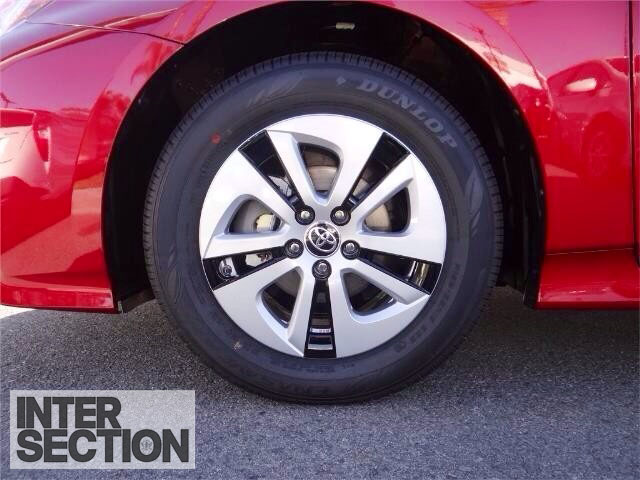
Prius tires enjoy solid sidewalls and robust construction that easily survive 60,000 miles.
Still, like with the rest of the car, regular maintenance and careful driving styles are a must: do not expect exceptional performance if you constantly neglect the tire’s rotation and alignment.
Spark plugs
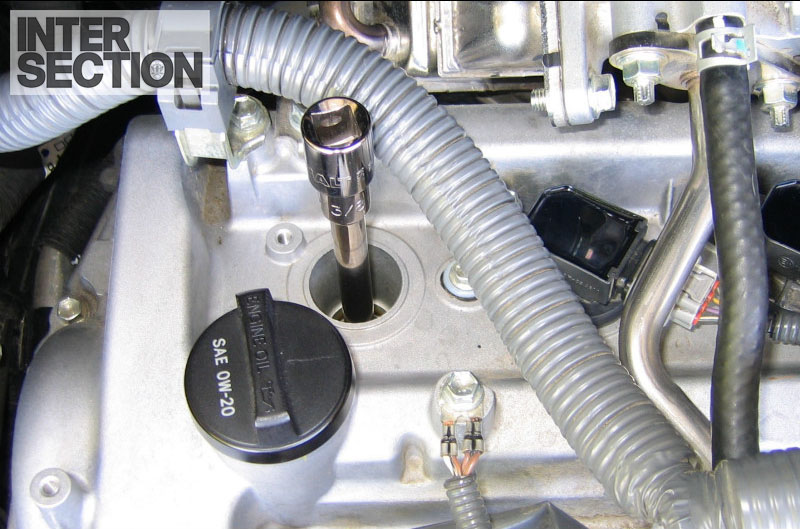
Toyota specifically recommends spark plug changes for every 192,000 km (120,000 miles) or 144 months, whichever arrives first.
However, it would be much better to change these plugs before Toyota’s recommended number – and, most importantly, never let the Prius run over 200,000 km on the same spark plugs.
By then, removing the lugs would be impossible. Not to mention, the coil pack ignition boots have been corroding during all these years – and will likely break down the instant the spark plugs are pulled out.
Transmission
As long as you change and flush it regularly (about every 55,000 to 60,000 miles), the transmission will work its way well into 100,00-mile or even 200,000-mile intervals.
The Least and Most Reliable Toyota Prius Years
2015 and 2017-2019 Toyota Prius models are the crowd’s all-time favorite, while 2016 and 2005-2012 have to be avoided at all costs due to major engine issues and constant headlight blowouts.
1. Toyota Prius Years to Buy
2017
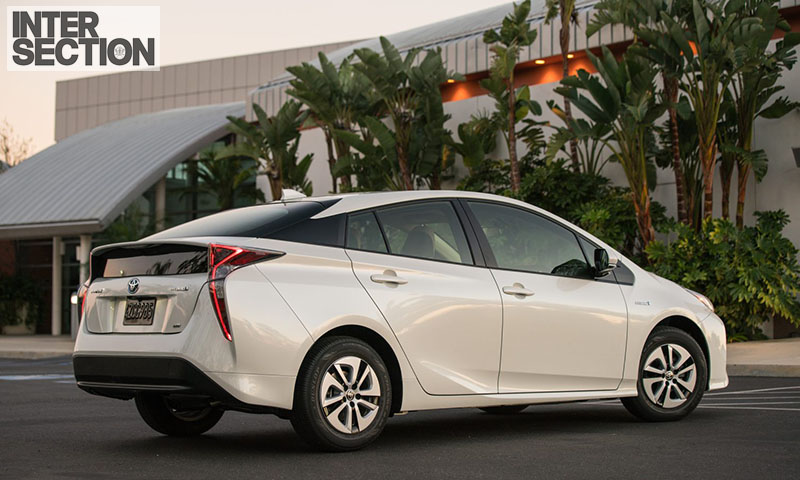
Although 2016 is the very first car model of the gen, it was in 2017 that Prius’s reputation peaked. Blending both additional features (extra safety technology, updated cabins, etc.) and improved reliability, it exceeds 200,000 miles with barely any trouble.
The affordable pricing (about $18,000) seals the deal for most drivers.
2018

Prius’s 2017 reliability continued its way into 2018, with a few newer infotainment display upgrades to compete with sleek cars from other brands. As such, it is a desirable model in both practicality and visual charms.
2015
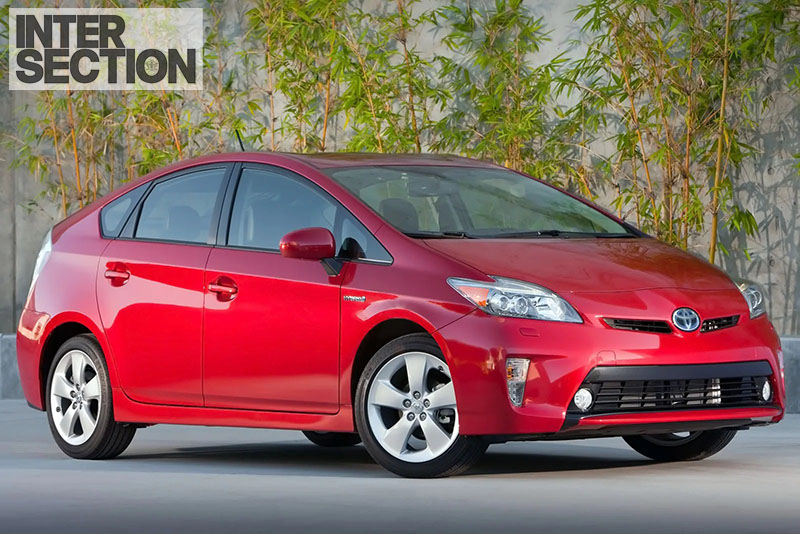
2015 concludes the third-gen line on a pretty high note, being the first Prius model to offer rearview cameras as feature standards.
And gas mileage and performance aside, the car also comes cheap (only $12,000 for a lifespan beyond 100,000 miles) and barely requires any extravagant maintenance.
Just remember to time the oil changes properly according to the manufacturer’s recommendation, and you are good to go.
2019
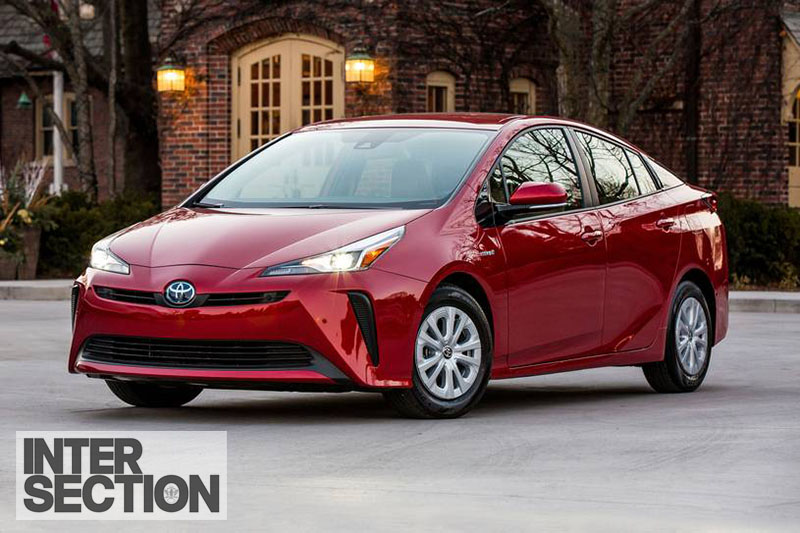
As a middle-cycle revival of the brand’s previous model designs, the 2019 Prius barely suffers from any issue (some people complain about teething issues, but they are minor).
This vehicle keeps up the good work of the 2017 and 2018 lines while offering a few upgrades in the engine and drivetrain for better performance optimization.
Those living in northern areas (notorious for harsh winters) will also appreciate the brand-new AWD capability with excellent traction and grip.
2. Toyota Prius Years to Avoid
Any Prius model from 2016 and 2005 to 2012; has received extremely negative reviews with lots of unsolved engine and light problems.
2010, 2008, and 2007 models definitely occupy the last positions on the reliability chart. Numerous reports have mentioned their oil over-consumption and headlight failures/blow-outs.
And the 2016 and 2005-2012 ones barely perform any better, suffering from all the issues mentioned above and braking/steering problems as well.
If you do not want to spend a fortune on repairs and replacements (whose efficiency is not even guaranteed, by the way), staying away from them would be a wise move.
Toyota Prius Lifespan In Comparison With Other Similar Cars
Toyota Prius comes out as the longest-lasting model of all, easily beating other cars of the same sector like Nissan Leaf, Chevrolet Volt, or Ford CMax.
For instance, Chevrolet Volt and Ford C-Max share the same average lifespan of 200,000 miles – five thousand miles less than our Toyota Prius (and not to mention much more expensive).
Meanwhile, Nissan Leaf can survive up to 150,000 miles (100,000 miles below Prius). Worse, since Nissan Leaf is an electric car, its maintenance and repair costs can be off the roof.
Regardless of how you look at it, it is clear which car model wins these face-offs.
Common Toyota Prius Problems That Affect Its Lifespan
For decades, Toyota Prius has been called out for power loss, rollaway risks, electrical shorts, stability loss, and cracking windshields.
Although these problems are not exactly present in every model, drivers should still look out for them and contact professional help when needed.
Other less common issues are:
- Warning light/ dash light errors
- Defective airbags
- Blown gaskets
- Oil leaks
- Bad brakes, broken fuel pumps
- Hybrid battery packs shutting down
Check the car’s system and internal compartments (especially the moving parts) at least every two months, and do not neglect car maintenance.
Experienced technicians might spot hidden issues you failed to notice earlier and do something about them before they hamper the rest of the car.
Is There Any Toyota Prius Recall?
Yes – a lot of them, actually, with the most notable ones being the 2016-2018 recalls (for wiring harness issues), 2016-2017 (due to faulty, disengaged cables), and 2010-2015 (after complaints about hybrid systems shutting down) and excessive oil usage.
The latest recall is 2021 – when the Prius Prime and Prius 2022 are recalled due to slight drive power loss.
How to Extend Toyota Prius Life?
Nothing helps extend the car’s life better than careful driving: avoid potholes and bumpy roads, not start/stop abruptly, and not park outside.
Constant basic checkups, and regular maintenance is also the key. Also, don’t overload or let the engine overheat for too long.
Some drivers might consider buying full bolts-on and aftermarket parts, but in fact, the most basic upkeep tasks are more than enough to last your Prius for decades.
How Much Does It Cost to Maintain A Toyota Prius Model?
The average base price for maintenance is about $4,000 during the first ten years. Plus, the car charges about $1,791 per year for insurance.
While these numbers might sound off the roof at first, they are actually much cheaper than many similar brands.
Comparison studies have pointed out that it beats the hatchback average by $2,756, and the fact that Prius only has an 11% chance of major repairs also significantly cuts down the upkeep costs.
Conclusion
Prius is praised for its impressive lifespan of 250,000 miles or even 300,000 miles.
Still, such a feat cannot be achieved if you pay zero attention to the car’s performance or defect symptoms. Keep a consistent maintenance schedule, and write to my team if you get stuck with anything.

